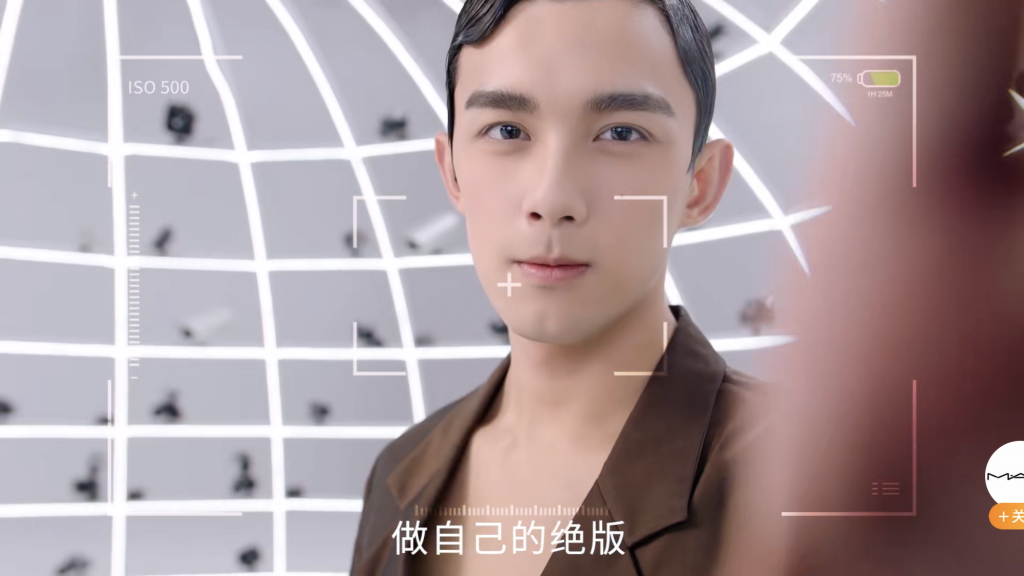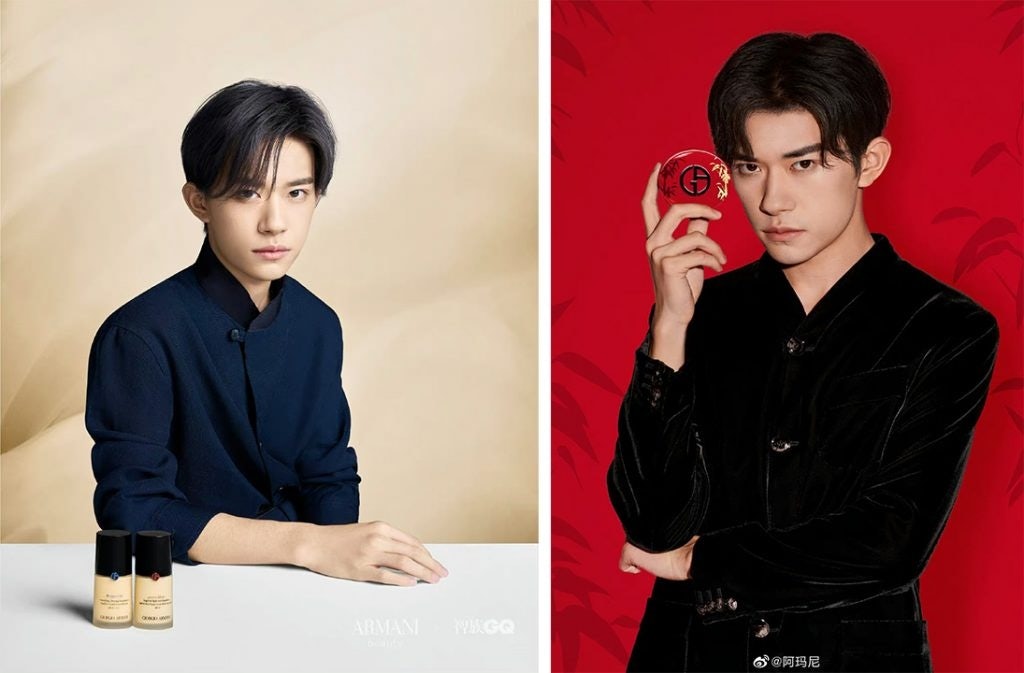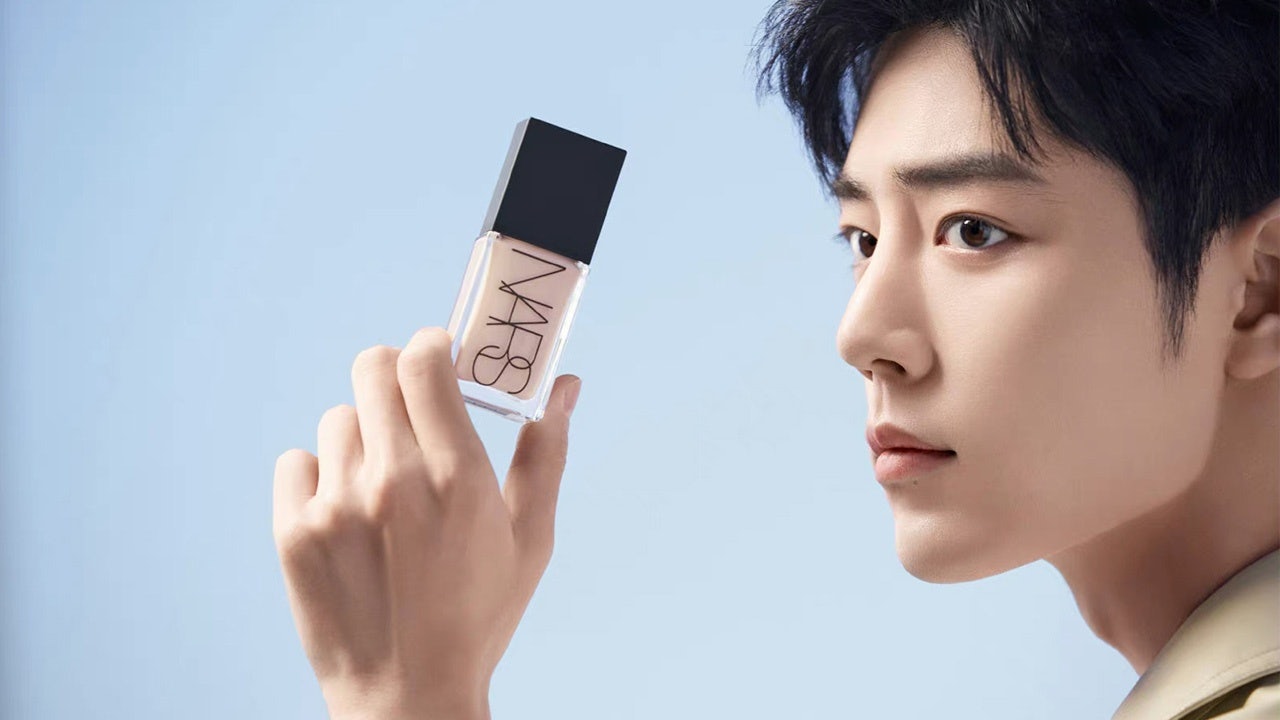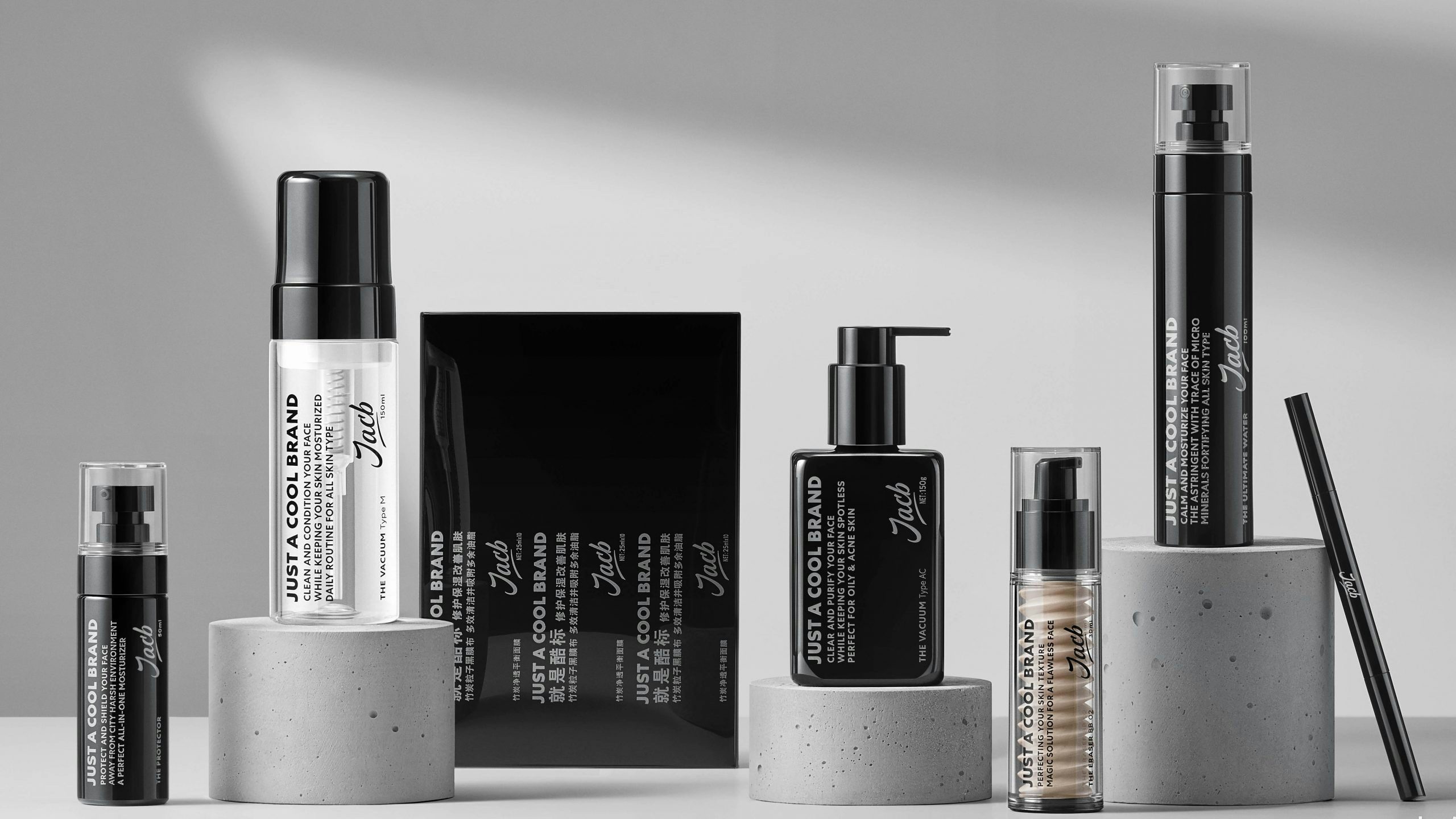Should brands still appoint effeminate-looking ambassadors in China? It’s a valid question. As the country’s idol and KOL economy grew, it became a common practice for male celebrities to endorse beauty brands as well as luxury brands. Due to the high popularity of male idols like Karry Wang, Sean Xiao, and Yibo Wang, major brands have welcomed sales peaks.
However, last September Chinese authorities announced a ban on “sissy men and other abnormal esthetics” on TV. Meanwhile, idol development programs, unethical entertainers, celebrities accused of tax evasion, and idol popularity rankings are also banned from broadcasts and social media.
The fallout is still ongoing. On March 3, the NRTA (National Radio and Television Administration) issued a notice about Hunan TV’s management of the entertainment industry, an escalation of the restrictive policy on effeminate men. The latter is known as the initiator of the “sissy men culture,” having aired several idol talent shows.
On January 20, the Shanghai Administration for Market Regulation announced guidelines for commercial advertising endorsements, which clearly included the endorsement of "sissy men" on the negative list of advertising endorsement activities.
Evidently more than a mere flash in the pan, the ban has sparked a debate over whether brands should continue to appoint male ambassadors. For netizens who question this kind of ambassador, the authenticity and quality of male idols' campaigns are the crux of the matter.
Last year, Chinese actor Leo Wu and other male celebrities were hit with backlash after shooting a cosmetics commercial for MAC. “Greasy,” “ugly”, and “shocking” are the keywords in comments sections, with netizens adding that they could not recognize the famous actor known for his “refreshing sunshine”.

“When buying cosmetics, I really don't want to see the faces of male idols.” Weibo user @MmikiLan said in her post that she would prefer to see advertisements performed by women, so she can better understand the true effect of the products and imagine them on herself.
Despite this, male ambassadors are still driving sales. In February, make-up brand Nars announced Chinese actor Sean Xiao as brand ambassador. After the official announcement, the industry ranking of the brand's Tmall online store rose from 51st to first, with a daily transaction amount of more than 11.8 million (79 million yuan), an increase of over 20,741 percent compared to the previous day.
Evidently, not all cosmetics campaigns featuring male celebrities will be criticized. Products endorsed by male idols such as Jackson Wang, Karry Wang, and Jackson Yee have won seemingly unanimous praise both from fans and netizens. “China is now the world’s largest market for men’s skincare and cosmetics,” said Amber Wu, account director at the digital marketing agency Emerging Communications.“Using the right male celebrities could help brands tap into this market and inspire more male consumption in this field.”

Facing both risk and reward, male celebrity endorsement has become a magic weapon for sales that many brands are finding hard to give up. But as Beijing's restrictions on “sissy men” continue, should luxury brands change their tune?
Last February, talk show actor Li Dan promoted the Chinese lingerie brand Ubras on his Weibo account. The caption he used — "allowing women to lie down easily and win the workplace" — set netizens on edge. Many questioned whether it was appropriate for Li Dan “as a male celebrity to advertise women's underwear," and the copy was said to insult and discriminate against women in the workplace.
However, Emerging Communications’ Wu believes that the brands shouldn’t be concerned with choosing the right category or product. “It is more about the fact that celebrities should have product understanding and experience,” she said. “They should also understand brand value and inspiration — ideally, their value should be aligned with brand value. In the case of Ubras, Li Dan didn’t fit either.”
Since the ban was introduced, many male celebrities have pivoted their personal brands. For example, Chinese singer and Prada face Cai Xukun (also known as Kun), who was once scolded as a “sissy man” by some netizens, appeared in the local edition of Cosmopolitan in a bad boy get-up.
Considering the continued appeal of effeminate-looking men, the crackdown is proving more political than cultural. As it continues to unfold, caution is key for luxury brands, who should avoid ruining their brand image for short term benefits.
“For luxury brands, it’s worth taking into consideration any potential cultural and political risks,” said Wu, who suggests brands test the waters with smaller-scale collaborations before naming celebrities local ambassadors. “To avoid risks, brands should strike the right balance and make sure the celebrity’s style is consistent and genuine.”

